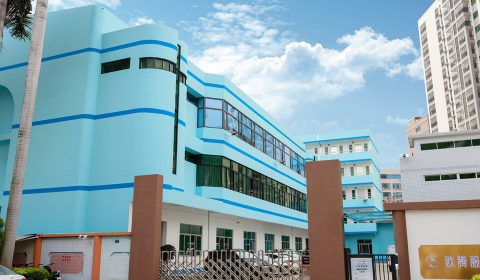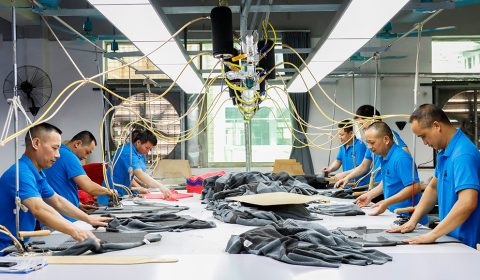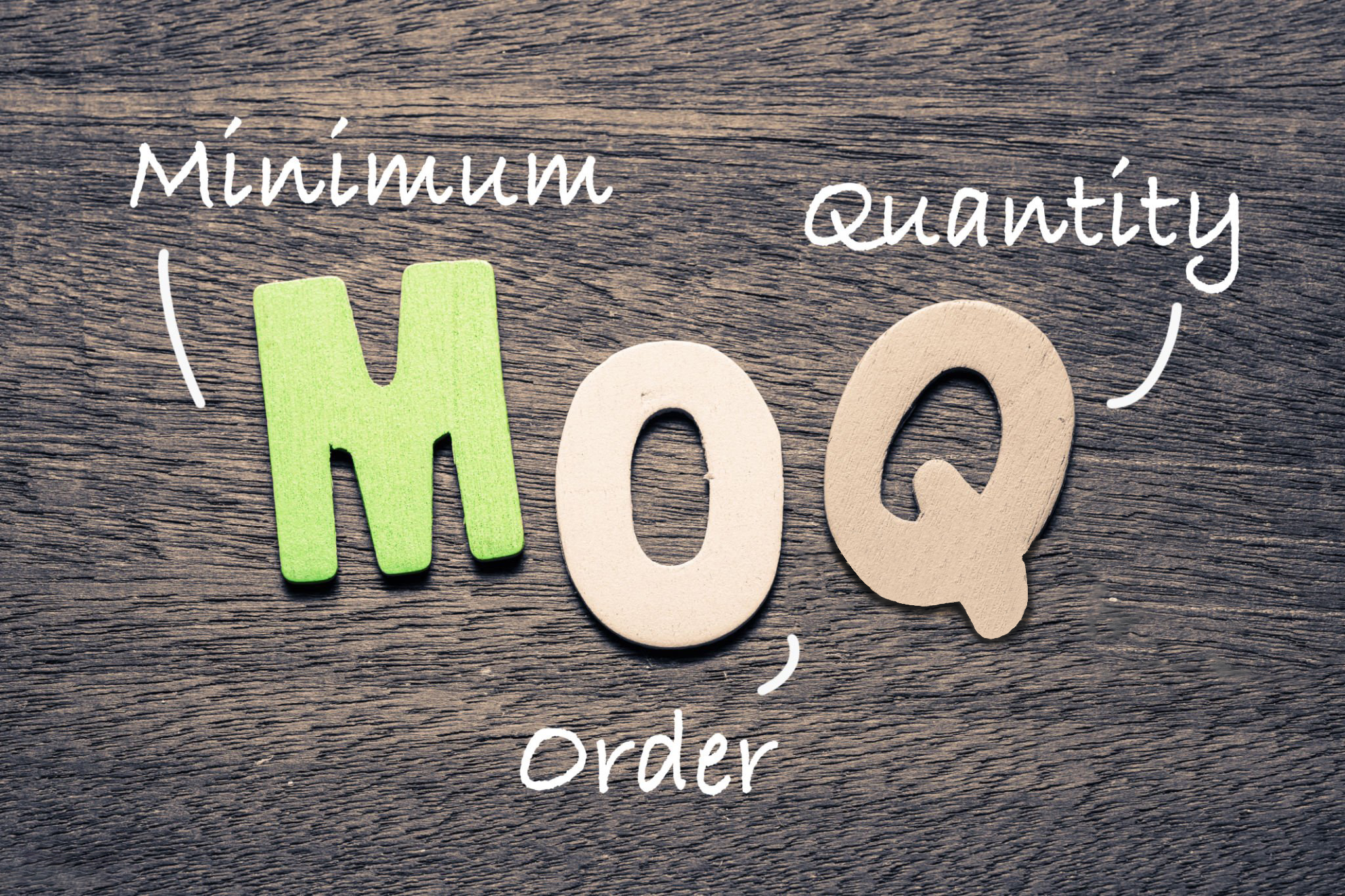How do sweater manufacturers choose eco-friendly fiber materials
Sweater manufacturers are increasingly considering sustainability factors when choosing fiber materials as part of their commitment to environmental protection and social responsibility. In this process, the choice of environmentally friendly fiber materials became a crucial decision.
Organic cotton is a popular choice. In contrast to conventional cotton, organic cotton is produced without the use of harmful chemical pesticides and insecticides. This helps reduce soil and water pollution and provides a healthier working environment, especially for the health of farm workers. When manufacturers choose organic cotton, they not only make a positive contribution in reducing the environmental burden, but also provide a purer and softer cotton fiber to make high-quality sweaters.
Ett annat viktigt alternativ är återvunna fibrer, som ofta kommer från förnybart trä som eukalyptus och kamfer. Tillverkare väljer dessa fibermaterial av flera skäl. För det första är deras produktionsprocess relativt vatten- och energieffektiv, vilket minskar trycket på naturresurser. För det andra har dessa fibrer utmärkt andningsförmåga och mjukhet, vilket gör tröjan mer bekväm och lämplig för flera säsonger.
Tröjtillverkare kan också välja fibrer med hållbarhetscertifiering, såsom Global Organic Textile Standard (GOTS) eller OEKO-TEX Standard 100. Dessa certifieringar säkerställer att produktionen av fibermaterial uppfyller en rad stränga miljö- och sociala ansvarsstandarder, inklusive rening av avloppsvatten , arbetsrättigheter och restriktioner för kemiska ämnen.
Minska miljöpåverkan från produktionsprocesser
Inom tröjatillverkningsindustrin är minskning av avfall och skadliga utsläpp en viktig uppgift, som inte bara hjälper till att skydda miljön, utan också bidrar till att förbättra produktionseffektiviteten och hållbarheten.
Avfallshantering är ett nyckelområde där tillverkare måste anta innovativa metoder för att minska avfallsgenereringen. En vanlig strategi är att minimera avfall som genereras under skärning och sömnad genom att noggrant utforma produktionsprocessen. Detta kan uppnås genom mer exakt mönstertillverkning, minskat skärspill och optimera tygutnyttjandet. Dessutom kan avfallsgarn och tyg återvinnas för att göra nya produkter eller omvandlas till andra material, vilket minskar avfallet.
Rening av avloppsvatten är en annan viktig aspekt av tillverkare’ svar på miljöutmaningar. Avloppsvatten som produceras under färgnings- och efterbehandlingsprocessen kan innehålla skadliga kemikalier och måste behandlas ordentligt för att säkerställa att den omgivande miljön inte skadas. Tillverkare investerar i moderna avloppsvattenreningsanläggningar för att ta bort skadliga ämnen och återvinna vattenresurserna tillbaka till användning. Denna hållbara strategi för vattenförvaltning hjälper till att minska sötvattenförbrukningen och minska belastningen på miljön.
Dessutom är användningen av miljövänliga färgämnen och färgningstekniker också ett av nyckelstegen för att minska skadliga utsläpp. Dessa färgämnen är relativt mindre förorenande, vilket minskar trycket på vattenresurserna samtidigt som de minskar komplexiteten i avloppsvattenrening.
How to comply with environmental certification and standards
Green certification and standards play a vital role in the modern sweater manufacturing industry. Consumers are increasingly concerned about the environmental impact of the textile production process, and manufacturers are becoming more aware of the importance of sustainability and environmental protection.
Among them, the Global Organic Textile Standard (GOTS) is a highly recognized environmental certification that imposes a series of stringent requirements and standards on sweater manufacturers.
GOTS kräver att alla aspekter av produktionsprocessen, från råvaruanskaffning till färdig produkttillverkning, måste uppfylla strikta ekologiska certifieringsstandarder. Det betyder att bomullen eller ullen som används ska komma från en ekologisk gård utan användning av några skadliga bekämpningsmedel eller konstgödsel.
GOTS sätter standarder för användningen av kemikalier i textilproduktion. Det begränsar de skadliga kemikalier som kan användas i färgnings- och efterbehandlingsprocesser, vilket säkerställer att vattenresurserna i produktionsprocessen skyddas samtidigt som exponeringsriskerna för anställda minskar. Detta bidrar till att skapa en säkrare och hälsosammare arbetsmiljö.
GOTS kräver att tillverkare tillämpar effektiv energi- och vattenhantering för att minska negativ miljöpåverkan. Detta kan uppnås genom mer energieffektiv utrustning och produktionsprocesser, vilket bidrar till att minska utsläppen av växthusgaser och vattenavfall.
Slutligen måste GOTS-certifierade produkter uppfylla en rad sociala ansvarsstandarder, inklusive rättvisa löner och förmåner, för att säkerställa att arbetare’ rättigheter respekteras och skyddas.
För tröjatillverkare är att få GOTS-certifiering en utmanande men nödvändig uppgift. Det förbättrar inte bara produktens konkurrenskraft på marknaden, det förmedlar också ett åtagande till konsumenterna att deras köpval hjälper till att skydda planeten och förbättra livskvaliteten.




 English
English Deutsch
Deutsch Français
Français Italiano
Italiano Español
Español Русский
Русский Polski
Polski Nederlands
Nederlands Svenska
Svenska

